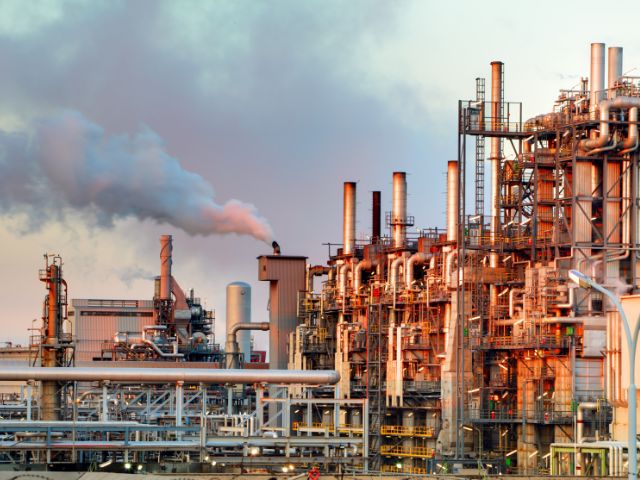
The oil and gas industry stands at a crossroads, navigating a landscape shaped by economic, environmental, and technological challenges. With the global push toward sustainability, the industry is on the cusp of a transformative period. Explore what to know about the future of the oil and gas industry, including its challenges, upcoming trends, impact on jobs and the economy, and more.
The sector has been volatile due to several key factors, such as changing market demand patterns, environmental pressures, and rapid technological advancements. Economic factors like the fluctuation of oil prices have led to considerable financial strain on industry players, while geopolitical conditions further complicate the picture.
Environmental concerns continue to mount, pushing the industry to reimagine its operations for sustainability. This is further underscored by the ever-increasing urgency to mitigate climate change and reduce greenhouse gas emissions.
There are a couple of key trends to note when it comes to the oil and gas industry.
The global momentum toward renewable energy is undeniable. However, it’s a common myth about the oil and gas industry that renewable energy means the end of oil and gas. The sector is beginning to pivot, but it’ll be long before much of the industrialized world leaves oil and gas behind. Many companies are investing in solar, wind, and biofuel projects, but the various types of energy will coexist for years.
Integrating digital technologies into the oil and gas sector is transforming how companies operate. The industry is embracing a paradigm shift toward a more interconnected and intelligent ecosystem, from data analytics for more efficient drilling to automating processes for improved safety.
It’s important to highlight the effects the oil and gas industry will have on future jobs and the economy.
Skill demands in the oil and gas industry are evolving. As the industry diversifies into renewable and digital fields, there will be a growing need for workers with technological expertise and a green skillset. This shift will, over time, result in job creation in new areas but may also lead to job displacement in traditional sectors.
The changes in the industry will have far-reaching economic implications. Countries heavily reliant on oil and gas revenues may need to diversify their economies. In contrast, economies with a strong manufacturing infrastructure may capitalize on the energy transition by developing and exporting clean energy technologies.
Investors are presented with numerous opportunities in the burgeoning renewable energy market and the digital and automation sectors. As companies seek to adapt and innovate, there is potential for significant growth in areas such as battery technology, hydrogen applications, and carbon management solutions.
For established oil and gas companies, strategic diversification and the gradual redeployment of resources are key to navigating the energy transition. By investing in cleaner energy sources and technologies, firms can mitigate risks to their core businesses and participate actively in creating a sustainable energy future.
These are some of the most important things to know about the future of the oil and gas industry. The next decade will be critical for the sector’s resilience and adaptability. Companies embracing innovation, sustainability, and community engagement will weather the storm and lead the industry’s evolution.
24World Media does not take any responsibility of the information you see on this page. The content this page contains is from independent third-party content provider. If you have any concerns regarding the content, please free to write us here: contact@24worldmedia.com